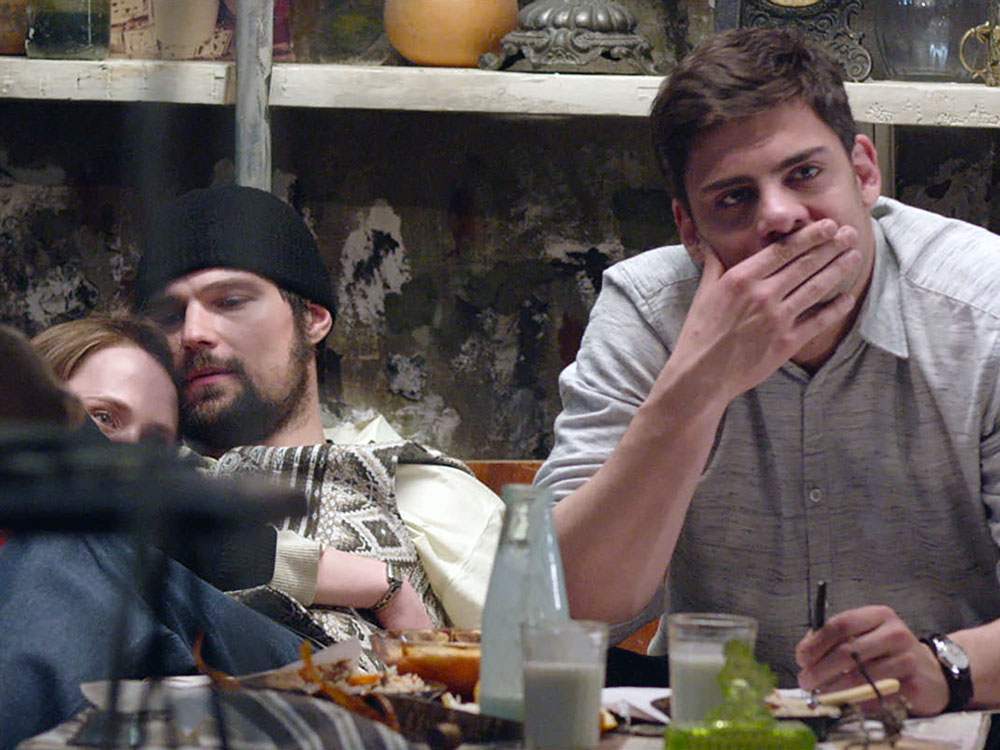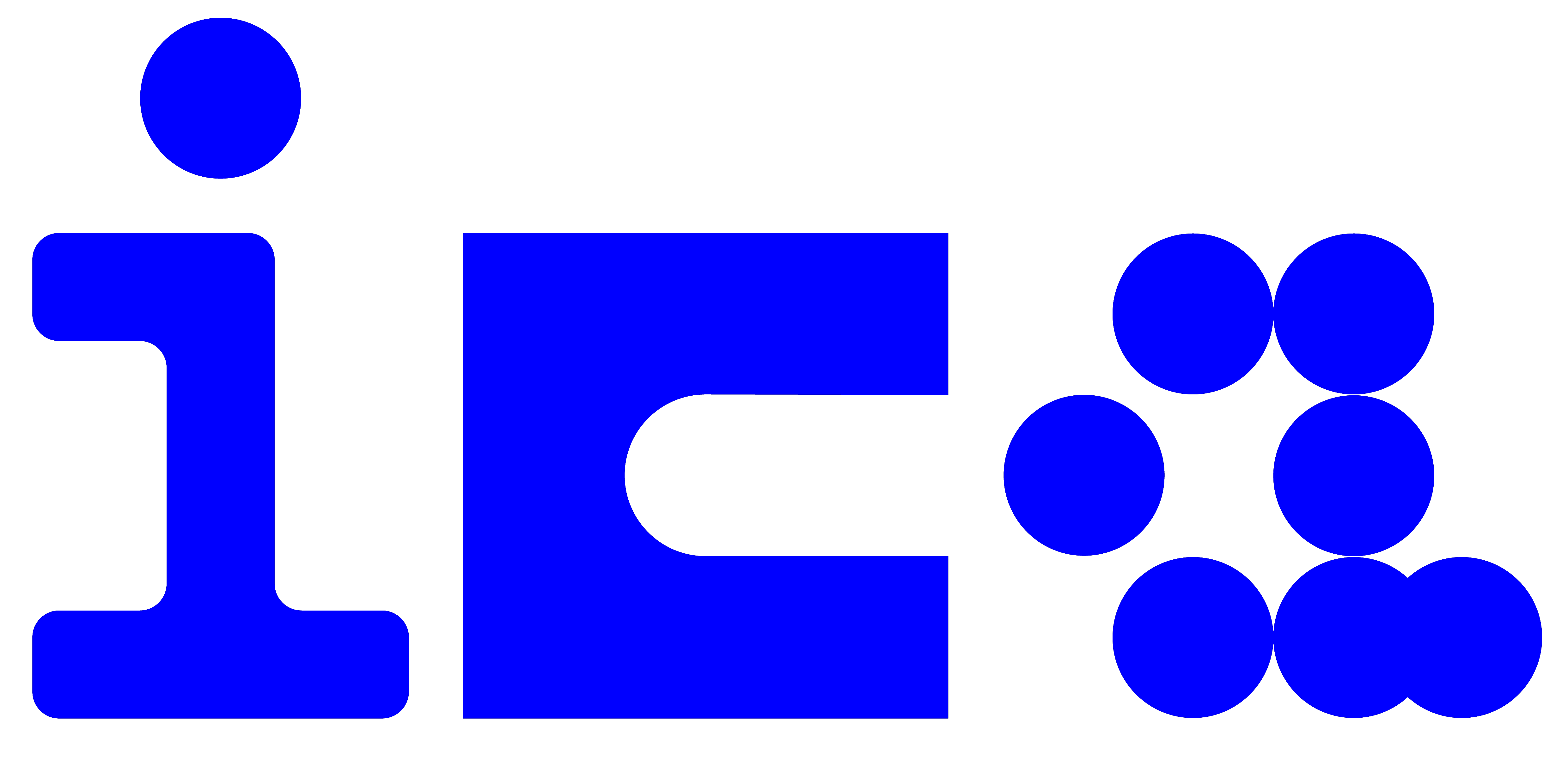Mutiny, dir. Abigail Child, USA 1983
In the spirit of Open City’s challenge to conventional histories and ideas of documentary cinema, this program interweaves distinct yet complementary modes of avant-garde non-fiction cinema made by independent artists working outside any stable system. Alternating between diary films, found footage collage, and meditations on the medium itself, these seven films each explore alternate approaches to the documentary less as a way of ‘capturing’ the real than of sharing a world entirely of their own making. In their own ways, each film seeks to give expressions to singular life experiences and understandings of the camera, narrative and the moving image itself. All of the artists worked equally in other media – painting, poetry, photography, sculpture, theatre – that influenced their unique approaches to filmmaking. All prints are from the Harvard Film Archive, one of the largest and most important university-based motion picture collections in the USA.
The screening will be preceded by an introduction by Haden Guest, Director of the Harvard Film Archive.
Programme
Natura Obscura, dir. Paolo Gioli, Italy 2013, 8 min, 16mm
Using a handmade 16mm pinhole camera, Italian artist and filmmaker Paolo Gioli (1942 – 2022) chronicled the light of dawn and dusk around his home and farm in rural Emilia Romana across the four seasons. An alchemist and inventor, Gioli’s painterly cinema was shaped by his constant refashioning of the cinematic apparatus.
A Wild Night in El Reno, dir. George Kuchar, USA 1977, 6 min., 16mm, English
The first of George Kuchar’s Weather Diaries, a long series of increasingly personal films made during his annual pilgrimages to Oklahoma to experience the meteorological events of the late spring and summer. Lodged in a motel in the eponymous town, Kuchar (1942 – 2011) filmed and painted prolifically, inspired by the extreme storms that animated the Great Plains. This is the only 16mm work in the series, and was preserved by the HFA.
Mouseholes, dir. Helen Hill, USA 1999, 8 min., 16mm, English
Helen Hill’s moving tribute to her deceased grandfather showcases the innovative mixed-media approach to filmmaking that fueled her work as artist, animator and 16mm activist whose guide to ‘handcrafted cinema’ Recipes for Disaster remains highly influential to this day. Born and raised in South Carolina, Hill (1970 – 2007) had a strong interest in the local that continued in her work in Canada and, at the end of her tragically foreshortened life, in New Orleans.
Interview, dir. Caroline Leaf and Veronika Soul, Canada 1979, 13 min., 35mm, English
A spirited double self-portrait by animators and then-roommates Caroline Leaf (b. 1946) and Veronika Soul (b. 1944), Interview renders vivid the everyday routines and everyday doubts of two young artists all the while interweaving live action and animation that reveals their distinct voices and approaches to the moving image.
Mutiny, dir. Abigail Child, USA 1983, 11 min., 16mm, English
In the second part of multi-part magnum opus, Is This What You Were Born For? poet-filmmaker Abigail Child (b. 1948) refined a mode of propulsive punk collage that sustains a remarkably intense audiovisual rhythm. With its jagged and abrupt montage style, Mutiny cuts against the grain of its found footage to allow the images to move and speak in always unexpected directions.
Take the 5:10 to Dreamland, dir. Bruce Conner, USA 1977, 5 min., 16mm
A haunting work of oneiric cinema, Bruce Conner (1933 – 2008) weaves an enigmatic tone poem using vintage found footage drawn mostly from educational and instructional films. The minimalist soundtrack by Patrick Gleeson only deepens the mysteries of Take the 5:10 to Dreamland as it subtly reveals subtle rhymes and resonances across an always emergent narrative.
Shadow Film – The Two-Headed Woman, dir. Shuji Terayama, Japan 1977, 16 min., 16mm
Among the finest works by the influential and iconoclastic filmmaker, poet and theatre pioneer Terayama Shuji (1935 – 1983) is his melancholy yet playful meditation on cinematic presence and memory. The shadows that haunt the film’s poignant vignettes hover as the traces of desire and regret while also enigmatically recalling the atomic shadows of Hiroshima.
Text by Haden Guest.
Ticket information
- All tickets that do not require ID (full price, disabled, income support) can be printed at home or stored in email
- For aged-based concession tickets (under 25, student) please bring relevant ID to collect at the front desk before the event.
Members+ and all Patrons gain free entry to all cinema screenings, exhibitions, talks, and more.
Join today as a Member+ for £25/month.











no. 236848.